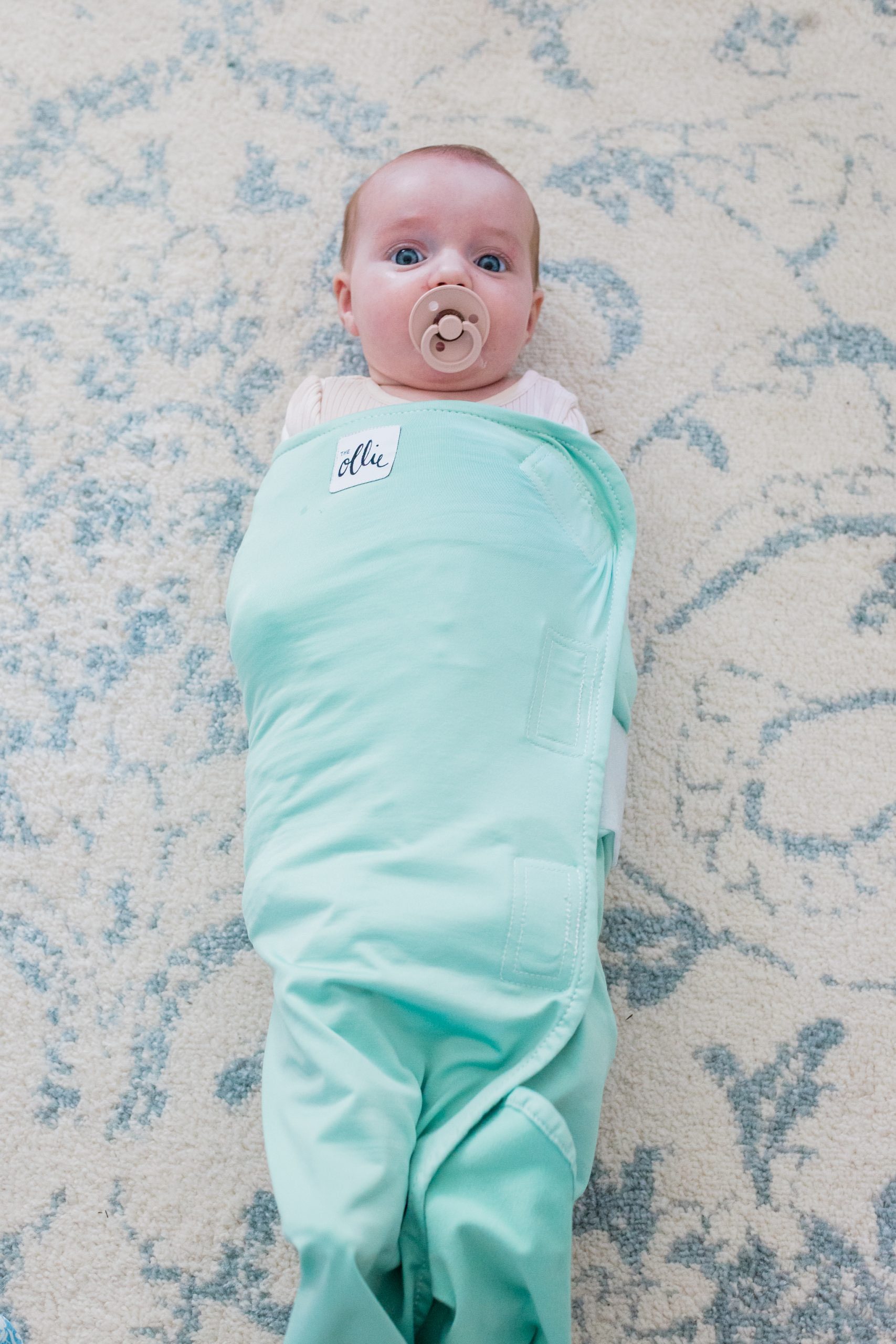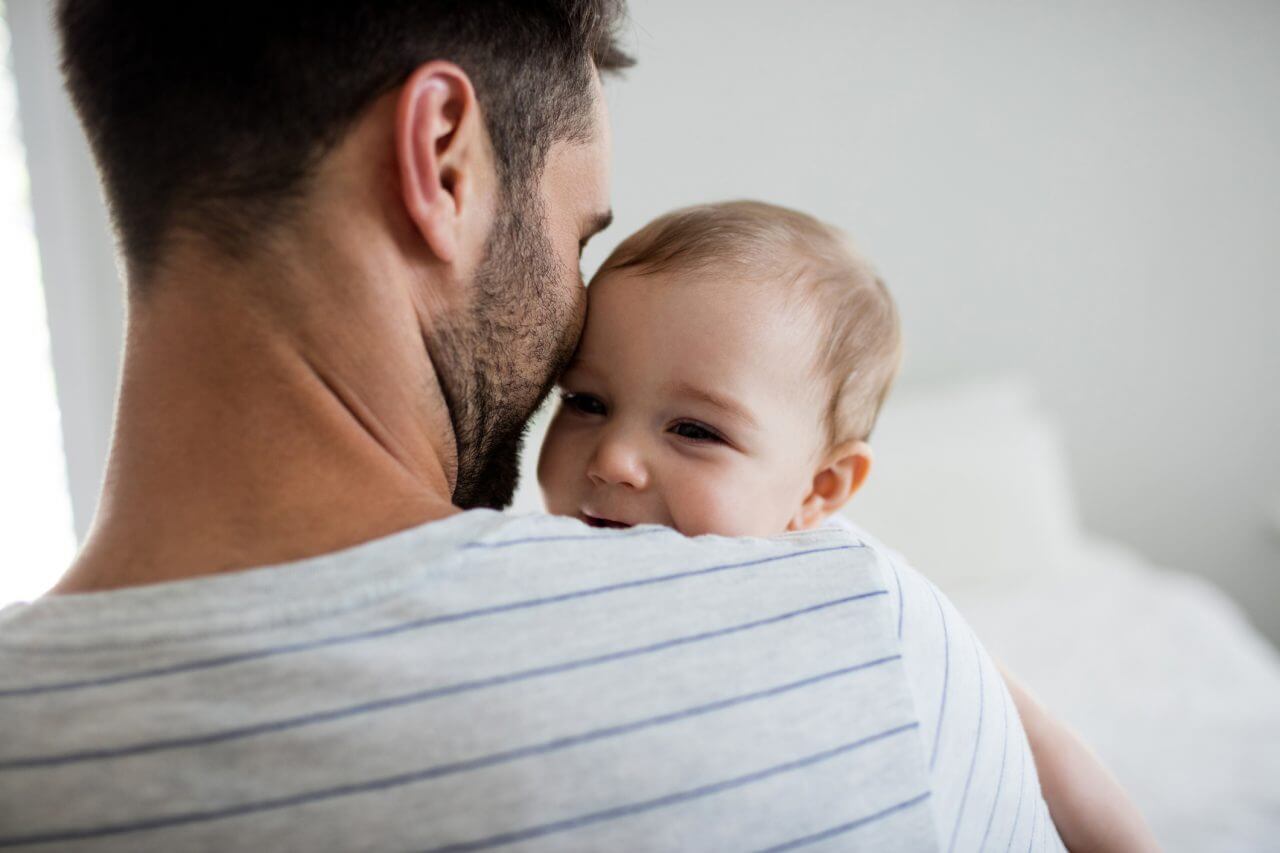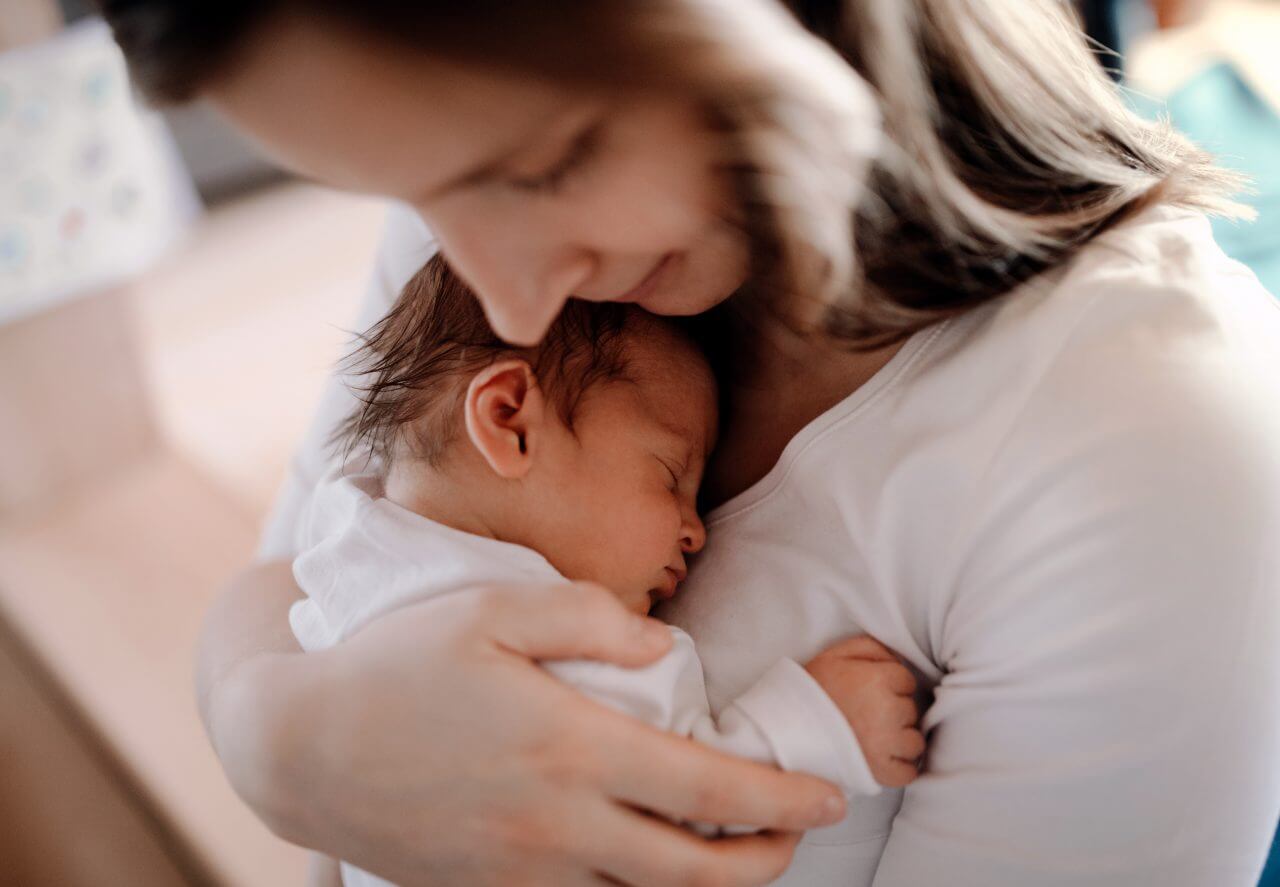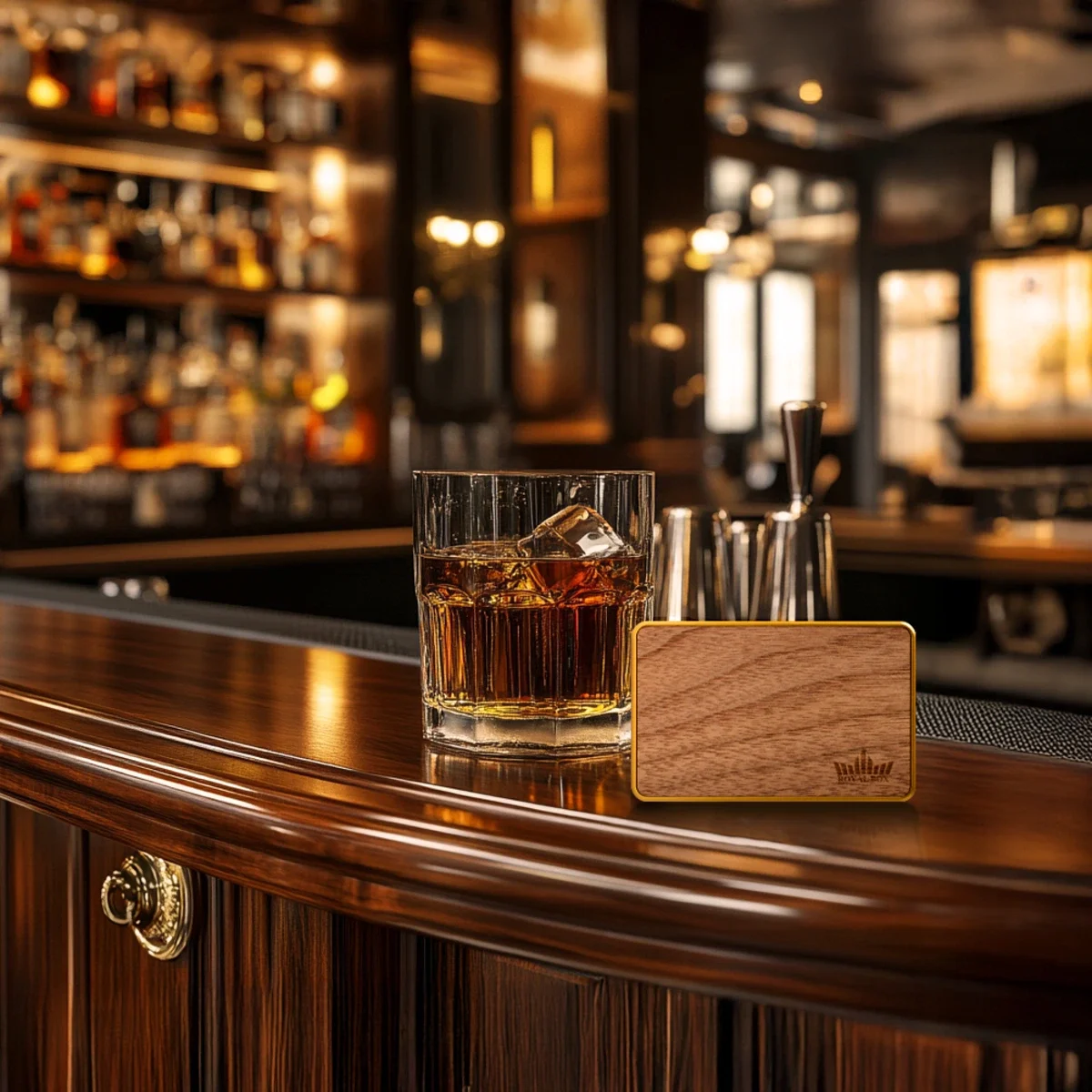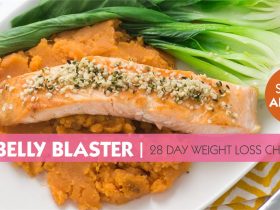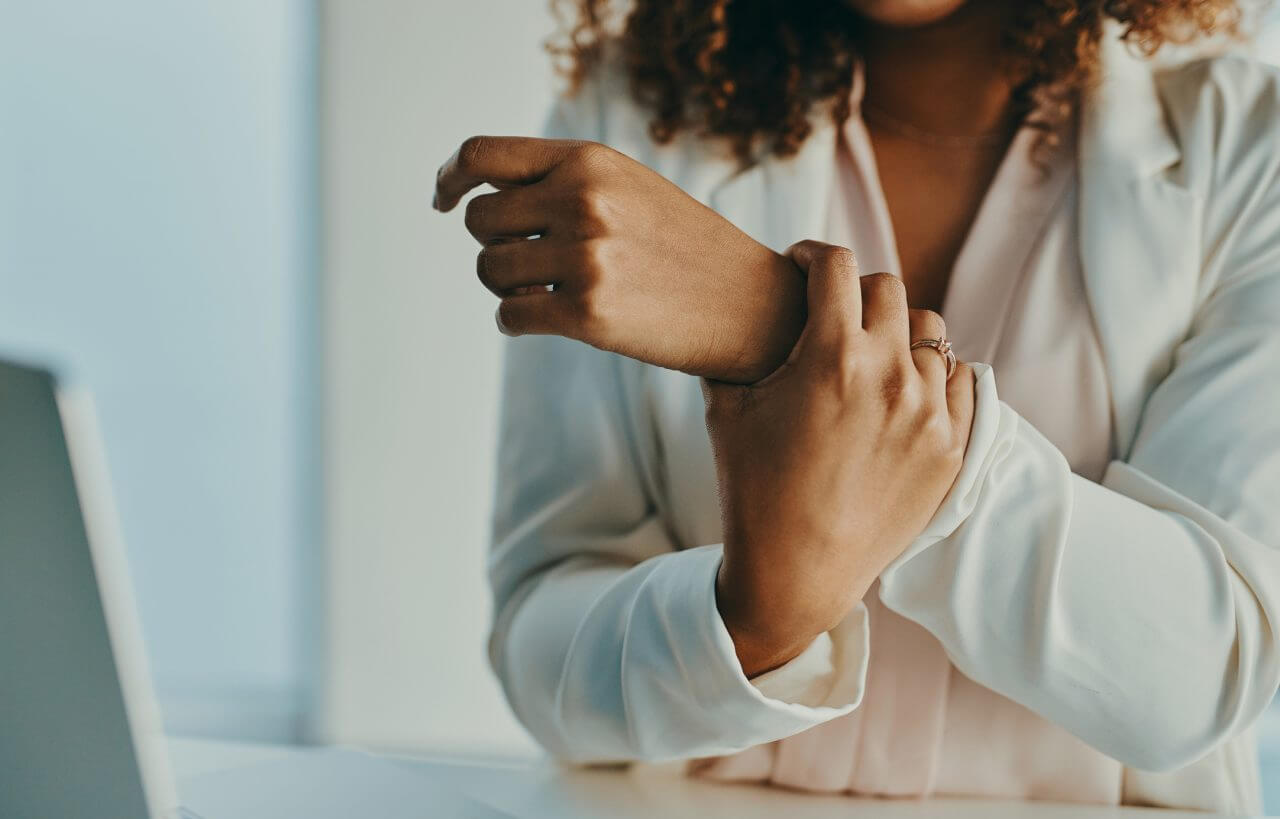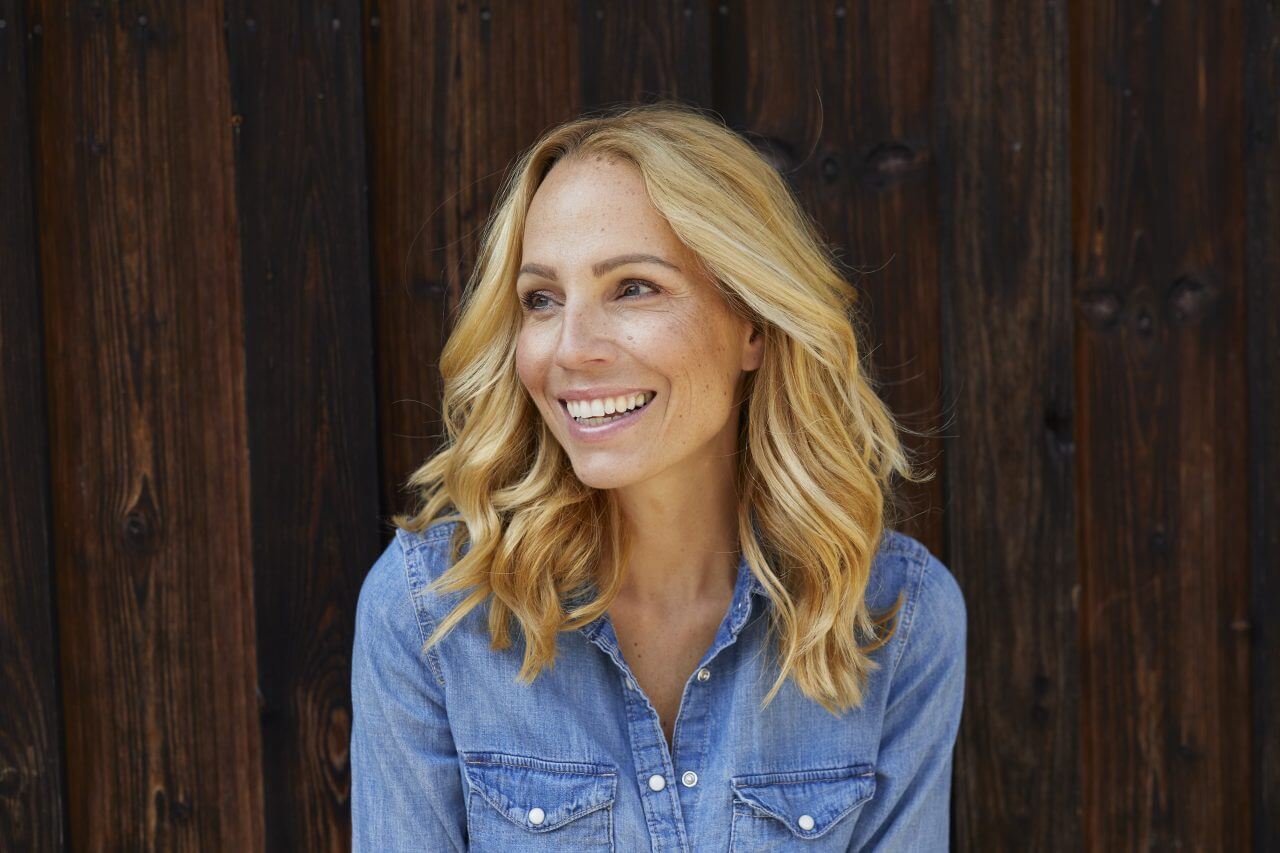When a newborn hiccups after nursing, it may seem cute at first and leave you wondering, “Why do newborns get hiccups?”. But if your baby hiccups for an extended period of time, you may be concerned that it’s causing them discomfort. Fortunately, babies don’t seem to be bothered by them. In fact, many babies can sleep right through a case of the hiccups. However, if you decide you want to take action when your newborn hiccups after breastfeeding, or to prevent hiccups in the first place, there are steps you can take.
What Causes Hiccups in Newborns?
As many mothers can attest, some babies begin hiccupping while they’re in the womb. It’s an action that continues after birth, with many newborns experiencing hiccups after breastfeeding. But doctors aren’t sure why a newborn hiccups after nursing—or anytime, for that matter.
Physicians do understand the mechanics of hiccupping. A hiccup occurs when the baby’s diaphragm spasms and forces air through the closed vocal cords. This contraction can happen for no reason at all, or because the baby eats too much, eats too quickly or swallows air while feeding. Their expanding stomach then pushes against the diaphragm, causing the spasms that produce hiccups.
What to Do When My Newborn Has Hiccups?
Every baby reacts differently to the hiccups. Some find them amusing, others don’t seem to notice them at all. However, some babies are upset by the hiccups. If you feel hiccups are a distraction to your baby when you are trying to nurse or that they’re causing your baby distress, newborn hiccups cures include:
- Burping the baby
- Giving the baby a pacifier
- Waiting for the hiccups to stop on their own
Burp Your Baby
If you’re wondering, “How can I get rid of newborn baby hiccups?” this tip is a good one to start with. Burping your baby can relieve pressure that’s causing the stomach to irritate the diaphragm. Doctors recommend burping a bottle-fed baby after every two to three ounces. Breastfed babies should be burped when switching sides.
Give Your Baby a Pacifier
Babies can develop hiccups even when they’re not nursing. Sucking on a pacifier can help a baby relax. This includes relaxing their diaphragm and stopping a bout of hiccups.
Wait Until Newborn Hiccups Stop on Their Own
If your baby doesn’t seem to be bothered by the hiccups, you can simply let them run their course. Typically, they’ll resolve without any intervention. But if your baby’s hiccups are especially frequent or continue for an extended period of time, you should talk with your doctor, as this could be a sign of another condition such as GERD (gastrointestinal reflux disease or heartburn). Fortunately, GERD is easily treated.
How to Prevent Hiccups in Newborns
Wondering how to prevent hiccups in newborns in the first place? Try these tips:
- Feed your baby before they reach the point of being very hungry and agitated.
- Feed your baby regularly in small amounts.
- Avoid high-energy play, such as bouncing, immediately after feeding.
- Keep your baby in an upright position for approximately 30 minutes after feeding.
- Ensure that your baby’s mouth is latched over the whole nipple.
Is your newborn still experiencing frequent hiccups after every feeding? Select your location and reach out to Mother & Baby Care specialists at Baptist Health to get the assistance you need.
,


